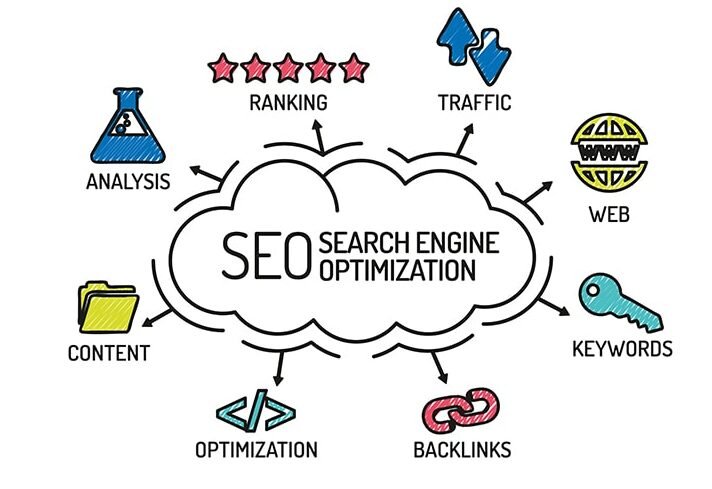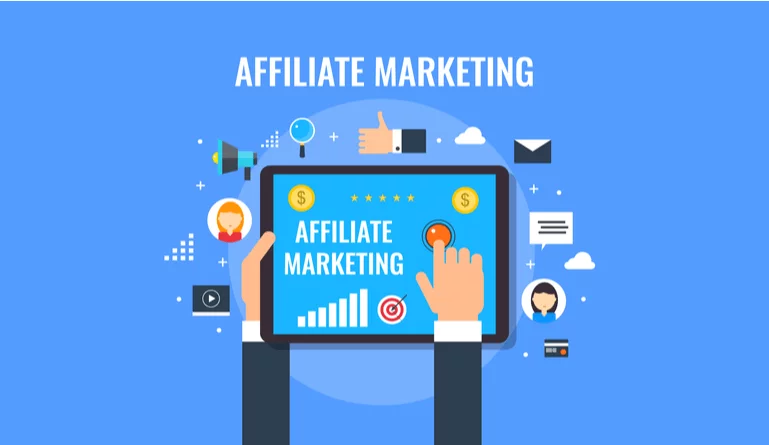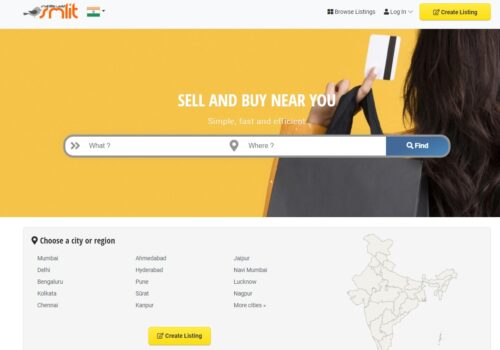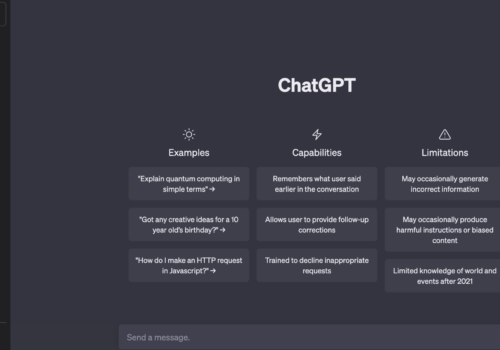Digital marketing is an essential component of businesses today, and its significance has increased with the rise of the digital era. As a result, the demand for digital marketers has also increased.
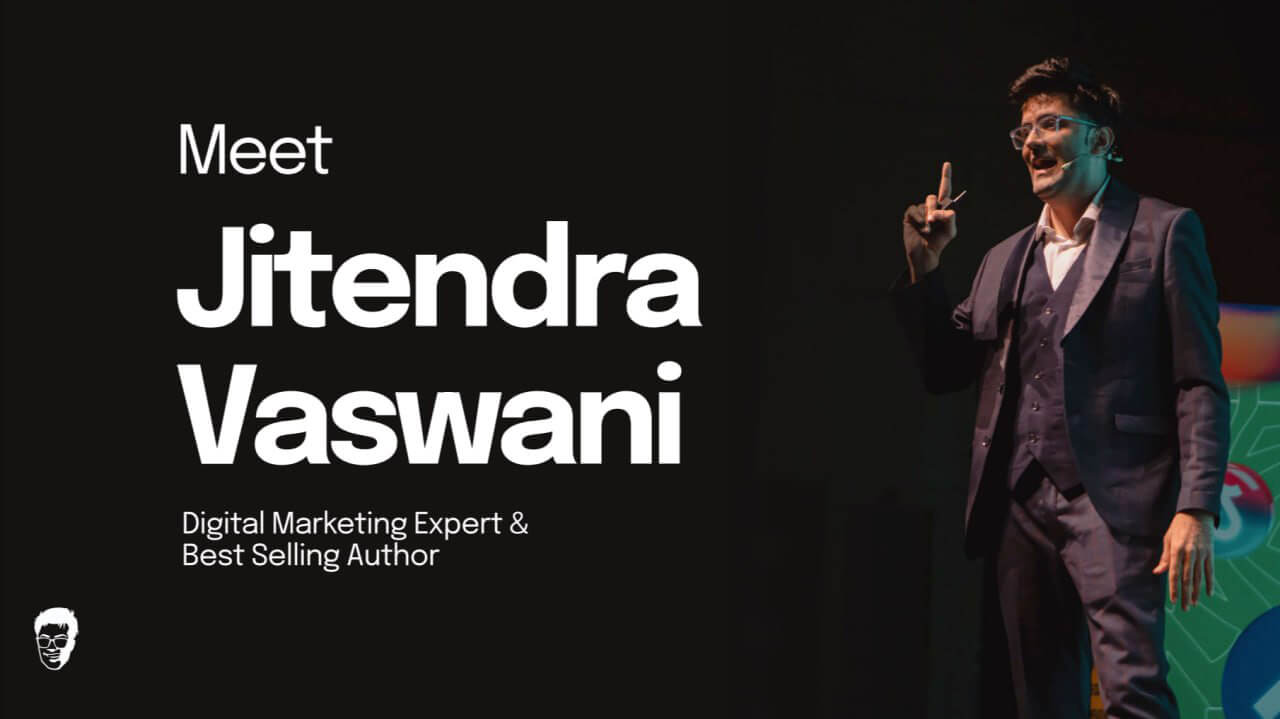
With job interviews, it’s crucial to be prepared for the questions that might be asked during the interview.
This article will outline some of the frequently asked questions in digital marketing interviews and how to answer them.
Why Do Employers Ask Questions In Digital Marketing Interviews?
The main objective of an interview is to assess the skills and knowledge of a candidate in the relevant field.
During an interview, employers tend to ask questions that evaluate a candidate’s proficiency in digital marketing, communication skills, and problem-solving abilities.
These questions are designed to help the interviewer gauge the candidate’s level of experience, creativity, and eagerness to learn.
Commonly Asked Questions in Digital Marketing Interviews 2024:
Here are some of the Commonly Asked Questions in Digital Marketing Interviews
Source: Pexels
1. Can You Describe Your Digital Marketing Experience?
This question is designed to assess your experience in digital marketing. Please provide a brief summary of your previous work experience and then explain how you have implemented digital marketing strategies in those roles.
To demonstrate your accomplishments, be specific and mention relevant metrics such as click-through rates, conversion rates, and engagement rates.
2. What Digital Marketing Tools Are You Familiar With?
This question aims to assess your knowledge of digital marketing tools. Provide a list of tools you’ve worked with and explain how you’ve used them to achieve your marketing objectives.
Be specific and mention the features and benefits of each tool and how you’ve used them to create successful campaigns.
3. Can You Explain the Difference Between SEO and SEM?
This question aims to test your understanding of digital marketing concepts.
Source: Pexels
Start by defining SEO (Search Engine Optimization) and SEM (Search Engine Marketing) and then explain the differences between the two. Provide examples to illustrate the different strategies used in each approach.
4. How Do You Measure the Success of a Digital Marketing Campaign?
This question aims to assess your analytical skills. Explain how you define success in a digital marketing campaign and then describe the metrics you use to measure it.
Be specific and mention metrics such as click-through rates, conversion rates, and engagement rates.
5. How Do You Stay Up To Date With the Latest Digital Marketing Trends?
This question aims to evaluate your willingness to learn and adapt to new technologies and trends.
Explain how you stay informed about the latest digital marketing trends and what resources you use to stay updated.
6. Can You Give an Example of a Successful Digital Marketing Campaign You’ve Worked On?
This question aims to evaluate your creativity and problem-solving skills.
Provide a detailed explanation of a digital marketing campaign you’ve worked on, including the campaign’s objective, target audience, and metrics used to measure its success.
Source: Pexels
Explain how you identified the problem, developed a strategy, and executed it successfully.
7. How Do You Prioritize Your Digital Marketing Tasks?
This question aims to assess your organizational and time management skills.
Explain how you prioritize your tasks, what tools you use to manage your workload, and how you ensure that you meet deadlines.
8. What is Digital Marketing?
Digital marketing is the promotion of products, services, or brands through digital channels such as search engines, social media, email, mobile apps, and websites.
It involves the use of various digital marketing tactics and tools to reach and engage with customers and achieve business goals.
9. What is the Difference Between SEO and SEM?
SEO (search engine optimization) is the process of optimizing a website or content to rank higher in organic search engine results.
Source: Pexels
SEM (search engine marketing) involves paid advertising to appear at the top of search engine result pages.
While both tactics aim to improve visibility on search engines, SEO is an organic approach while SEM is a paid approach.
10. What is the Difference Between PPC and CPC?
PPC (pay-per-click) is a digital advertising model in which advertisers pay each time a user clicks on their ad.
CPC (cost-per-click) is a metric that measures the cost of each click on the ad. In other words, PPC is a pricing model for advertising, while CPC is a performance metric.
11. What is the Difference Between CTR and Conversion Rate?
CTR (click-through rate) is the percentage of clicks an ad or link receives out of the total number of impressions.
Conversion rate is the percentage of users who complete a desired action, such as making a purchase or filling out a form, out of the total number of clicks.
While CTR measures an ad’s performance in generating clicks, conversion rate measures its success in achieving a desired outcome.
12. What is a Landing Page?
A landing page is a standalone web page created specifically for a marketing campaign with a clear and specific goal, such as lead generation or product promotion.
It is designed to convert visitors into customers or leads by providing a clear and compelling message and call to action. Landing pages typically have no navigation menu and focus solely on the offer or message of the campaign.
13. What is A/B Testing?
A/B testing is a technique used to compare two different versions of a web page, ad, or email by randomly dividing the audience into two groups and showing each group a different version.
The performance of each version is then compared based on a predetermined goal, such as conversion rate or click-through rate, to determine the most effective version.
14. What is Lead Generation?
Lead generation is the process of identifying and attracting potential customers or leads for a business.
This is typically done through various marketing tactics such as social media, email marketing, and search engine optimization, and the goal is to create interest and engagement that can ultimately lead to a sale.
15. What is Content Marketing?
With the ultimate goal of driving profitable customer actions, content marketing is the strategic process of creating and distributing relevant and valuable content.
This can include blog posts, videos, infographics, and other types of content that educate and engage potential customers.
16. What is Affiliate Marketing?
Affiliate marketing is a type of performance-based marketing in which a business rewards affiliates for each customer or lead brought to the business through its marketing efforts.
Source: Pexels
Affiliates promote the business’s products or services through various channels, such as social media, websites, or email marketing, and are paid a commission for each successful conversion.
17. What is Influencer Marketing?
Influencer marketing is a type of marketing that involves partnering with influential people on social media, such as bloggers, YouTubers, or Instagrammers, to promote a product or service.
The influencer shares their experience and opinion of the product or service with their audience in exchange for compensation or other benefits.
18. What is Social Media Marketing?
Social media marketing involves using social media platforms to promote a product or service, build brand awareness, and engage with customers.
Source: Pexels
This can include creating and sharing content, running ads, and building communities on social media platforms such as Facebook, Instagram, Twitter, and LinkedIn.
19. What is Email Marketing?
Email marketing is the use of email to communicate with customers and promote a product or service.
This can include newsletters, promotional emails, and transactional emails and is typically used to build relationships with customers, generate leads, and drive sales.
20. What is Retargeting?
Retargeting is a digital advertising technique that targets users who have previously interacted with a business or visited a website.
This is typically done by placing a tracking pixel on the website and then using this data to show targeted ads to these users across various platforms, such as social media or search engines.
21. What is a Buyer Persona?
A buyer persona is a fictional representation of a business’s ideal customer based on market research and real customer data.
A buyer persona typically includes information such as demographics, interests, pain points, and buying behavior and is used to inform marketing strategies and tactics.
22. What is a Marketing Funnel?
A marketing funnel is a model that illustrates the different stages of the customer journey, from awareness to conversion.
The funnel typically includes stages such as awareness, consideration, and decision, and is used to guide marketing strategies and tactics to move customers through the funnel and ultimately convert them into paying customers.
23. What is Search Engine Ranking?
Search engine ranking refers to the position of a website or page in the organic search engine results for a particular keyword or query.
The ranking is influenced by various factors such as relevance, authority, and user experience, and is important for visibility and traffic to a website.
24. What is Mobile Optimization?
Mobile optimization is the process of optimizing a website or content for mobile devices, such as smartphones or tablets.
This typically involves creating a responsive design that adapts to different screen sizes, reducing page load times, and optimizing content for mobile user behavior.
25. What Is Marketing Automation?
Automating repetitive marketing tasks, like lead nurturing and social media management, using software and technology is known as marketing automation.
Source: Pexels
This is typically done to improve efficiency, increase productivity, and deliver personalized marketing experiences.
26. What is Brand Awareness?
Brand awareness refers to the level of familiarity and recognition that a brand has with its target audience.
This is typically measured through metrics such as brand recall and brand recognition and is important for building trust, establishing credibility, and driving customer loyalty.
27. What is Customer Acquisition Cost (CAC)?
Customer acquisition cost is the total cost of acquiring a new customer, including all marketing and sales expenses.
This is typically calculated by dividing the total cost of acquisition by the number of new customers acquired during a given period.
28. What is the Customer Lifetime Value (CLV)?
Customer lifetime value is the estimated amount of revenue that a customer will generate for a business throughout their lifetime.
This is typically calculated by multiplying the average purchase value by the number of purchases per year and then multiplying that by the estimated length of the customer relationship.
How to Answer Digital Marketing Interview Questions 2024?
Answering digital marketing interview questions effectively involves showcasing your knowledge, experience, and understanding of the digital marketing geography.
Source: Pexels
Here’s how to prepare and present your answers:
1. Understand the Basics: Be clear on digital marketing fundamentals, including SEO, content marketing, social media, PPC, email marketing, and analytics. Knowing these areas well will help you answer questions confidently.
2. Use Examples: Whenever possible, share real-life examples from your past work to illustrate how you’ve successfully implemented digital marketing strategies. This could include campaigns you’ve run, growth you’ve achieved, or challenges you’ve overcome.
3. Show Your Continuous Learning: Digital marketing is always evolving. Mention blogs, courses, webinars, and conferences you follow or attend to stay updated with the latest trends and tools.
4. Be Data-Driven: Highlight how you use data and analytics to make decisions. Discuss tools you’ve used (like Google Analytics, SEMrush, etc.) and how data helped improve campaign performance or ROI.
5. Discuss Strategy: Be prepared to talk about how you plan and execute digital marketing strategies. This includes identifying target audiences, setting objectives, choosing the right channels, and measuring success.
6. Understand the Company: Research the company’s current digital marketing presence. Be ready to provide constructive feedback or ideas that could help them grow or improve.
7. Talk About Challenges: Be honest about challenges you’ve faced in digital marketing projects and how you addressed them. This shows your problem-solving skills and resilience.
8. Highlight Teamwork and Communication: Since digital marketing often involves working with different teams, mention your experience in collaborating with others, managing stakeholders, and communicating results.
9. Ask Questions: Prepare thoughtful questions for the interviewer about the company’s marketing strategies, challenges, team structure, or anything relevant. This shows your interest and engagement.
10. Practice: Finally, practice your answers but keep them flexible enough to adapt to the conversation flow. Being overly rehearsed can come off as insincere.
Remember, your goal is to demonstrate that you are not only knowledgeable and experienced but also curious, adaptable, and a good fit for their team.
FAQs
🔍 What should I know about a company before a digital marketing interview?
Learn about the company's products or services, target audience, online presence, competitors, and any recent marketing campaigns. This shows you're informed and genuinely interested.
💡 How can I showcase my digital marketing skills during an interview?
Share specific examples of your work, such as successful campaigns you've managed, growth metrics you've achieved, and how you've overcome challenges. Bringing a portfolio can be very helpful.
🚀 How can I stay updated with digital marketing trends?
Mention reputable marketing blogs, podcasts, webinars, and professional networks you follow. It's also helpful to talk about any recent updates you've learned and how they're relevant to your work.
🤝 How should I discuss teamwork in a digital marketing interview?
Highlight experiences where you collaborated with others, including cross-functional teams. Discuss how you communicated effectively, resolved conflicts, and contributed to achieving team goals.
📝 What questions should I ask at the end of a digital marketing interview?
Inquire about the company's marketing goals, challenges, team dynamics, or tools they use. This shows your interest in the role and how you can contribute.
✅ How can I demonstrate my problem-solving skills in a digital marketing interview?
Share stories where you faced a marketing challenge, the steps you took to address it, and the outcomes of your efforts. This illustrates your ability to think critically and adapt.
Quick links
- Key Elements Of Digital Marketing
- Steps to Build a Killer Digital Marketing Campaigns
- The 7 Cs of Digital Marketing: Essential Strategies for Success
- How to Become a Self Taught Digital Marketing Expert in Easy Steps
- Basic & Advanced Digital Marketing Courses
Conclusion: Digital Marketing Interview Tips
Marketing interviews can be quite challenging, but with proper preparation, you can showcase your skills and land your dream job.
It’s important to research the company and the position beforehand, prepare examples of your work, and use the STAR method to answer behavioral questions.
Use specific examples and metrics to illustrate your achievements, and try to show your personality and passion for digital marketing.
By doing so, you can impress the interviewer and increase your chances of getting the job.


